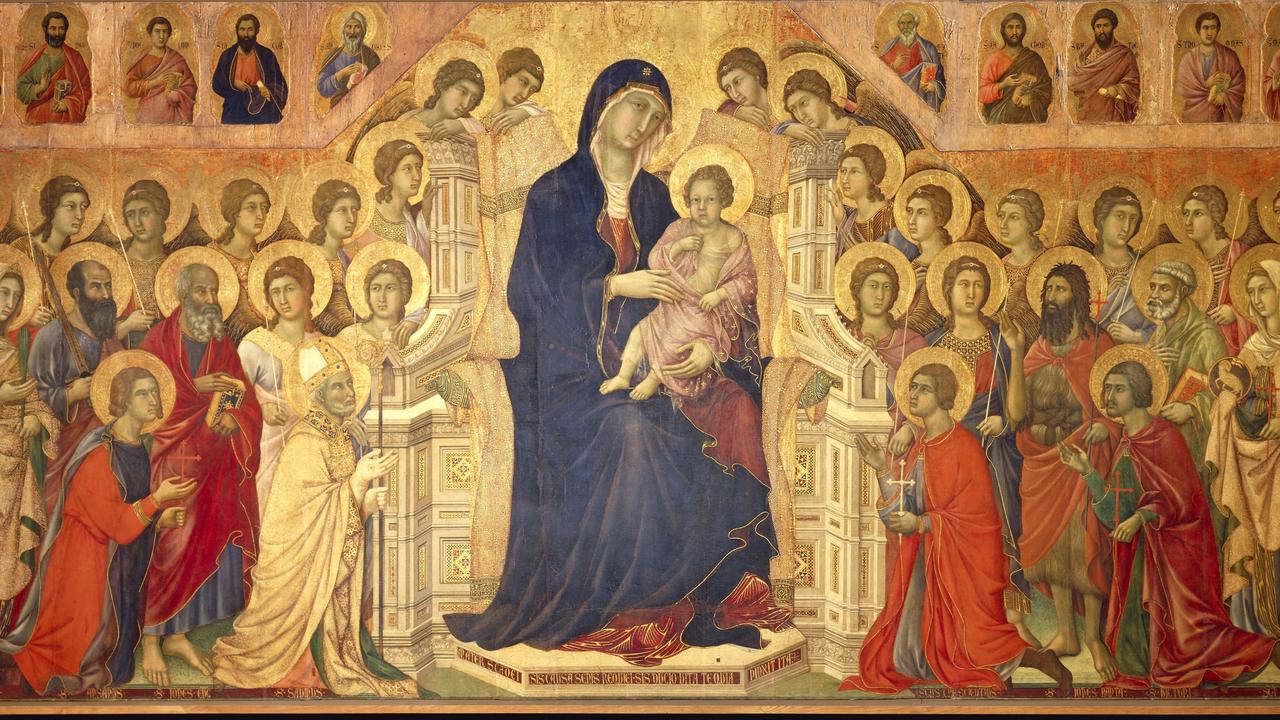What survives if death is not the end of our story?
If two-thirds of all humans who kick the bucket were uploaded to the internet as it is currently configured, it would look a lot like the place where Angus Mooney discovers himself.

Everyone knows philosopher Friedrich Nietzsche was a touch doolally, and most are aware that his zaniest notion had to do with “eternal recurrence”: the idea that existence – mine, yours, everyone’s – recurs in an infinite cycle, just as energy and matter transform over time without ever being destroyed.
To be fair to Friedrich, having proclaimed this insight in works such as The Gay Science and Thus Spake Zarathustra, he largely set it aside. That he did so suggests he intended it as a thought experiment rather than some ironclad law. What would follow, the thinker asked, from appreciating that escape from ourselves was impossible?
Steve Toltz’s third novel takes up that question with gusto, putting imaginative flesh and bones on Nietzsche’s philosophical straw man. Here Goes Nothing explores, in a manner typically Toltzian – in tones hectic, garrulous, cerebral and unfiltered, where wounded idealism comes wrapped in the blackest of black humour – what happens to ideas of human action, freedom and will when it turns out that death is not the end of our story.
Angus Mooney starts out an unlikely vehicle for abstruse reflection. Abandoned as a child by his birth parents to a series of foster homes across suburban Sydney, the boy grows into a small-time thief and addict in the making. What saves him from a life of crime is a chance encounter with the young celebrant presiding over his best mate’s wedding. Gracie, wearing “a gratuitously low-cut denim jumpsuit and comically high platform shoes”, performs the service as an electrifying secular harangue:
“Right. Here are some survival tools: the enemy of love is impatience and eye rolling. Even gentle mockery is corrosive. Learn how to diffuse the other’s ticking bomb. Notice what the beginning of a negative spiral looks like. Prioritise snoring remedies. Don’t exaggerate hurt feelings. Have more morning sex than night sex. Identify which of your partner’s faults are unfixable and devise a workaround. In marriage it is survival of the deafest, ok?”
Mooney, whose life experience has hardly unfolded in accordance with the usual middle-class pieties, is undone by Gracie’s radical honesty. He pursues her determinedly, and the two fall in love. When, after a long period of trying and failing to start a family, Gracie becomes pregnant, it seems as though all the sad circumstances of Angus Mooney’s past have been overcome. “For the first time in my life,” he thinks, “I felt sorry for guys who weren’t me.”
At which point, Owen Fogel – a Sydney doctor dying of a degenerative disease – enters their lives. He arrives at their front door claiming to have grown up in the house Angus and Gracie now occupy. He soon offers the couple a significant cash inducement to allow him to board with them for his final months. He wants to die in his childhood home. Their decision to accept this unorthodox offer is based on compassion and economic need, but it leads to the destruction of everything they have built together.
This is the point where Here Goes Nothing goes through the looking glass. The other half of the novel unfolds in the afterlife, where Angus Mooney lands after Owen – who has harboured desires of his own for the remarkable Gracie – murders him and covers up the crime. It is the grimmest of pantomime turns, described in terms at once droll and genuinely disturbing.
But this is not your grandparent’s heaven. Nor even an identifiable purgatory. Rather it is a banal interzone where all the agitations of our former reality survive – wars, inequality, social fracturing – but none of the saving organic connections.
If two-thirds of all humans who kick the bucket were uploaded to the internet as it is currently configured, full of posturing, grievance and tribal dislike, it would look a lot like the place where Angus Mooney discovers himself.
Toltz makes dark sport with Angus and his journey through this dreary underworld, but he does permit his creation one porthole back to the real. It turns out there are illegal operations with tech capable of giving the departed brief visits back to the earthly plane. And when Angus makes his first return, it is to discover two things: that he has an infant daughter, and that Owen has become the lover of his widow.
What follows is a comedy, of sorts – the cuckold husband will have his revenge, even from beyond the grave – but it also demands that readers answer some questions alongside. What should survive of our past when we can start again from scratch? What do the dead owe the living? The answers Toltz provides are provisional, bleak and often hilarious – but they are never superficial.
Here Goes Nothing reads like late-phase Saul Bellow in that it is brilliantly febrile and argumentative, though pessimistic when it comes to the human condition. Yet the implications of its character’s actions are at variance to the general melancholy, and gloriously so.
Angus and Gracie, indeed, end up hewing closer to that other great Modernist grump, Philip Larkin, in his poem An Arundel Tomb. There’s is a story that sets out to prove:
“Our almost-instinct almost true
What will survive of us is love.”
Geordie Williamson is chief literary critic of The Australian.
Here Goes Nothing




To join the conversation, please log in. Don't have an account? Register
Join the conversation, you are commenting as Logout